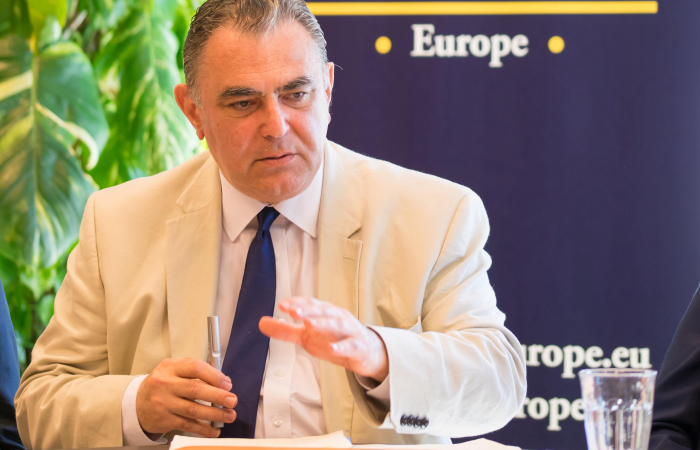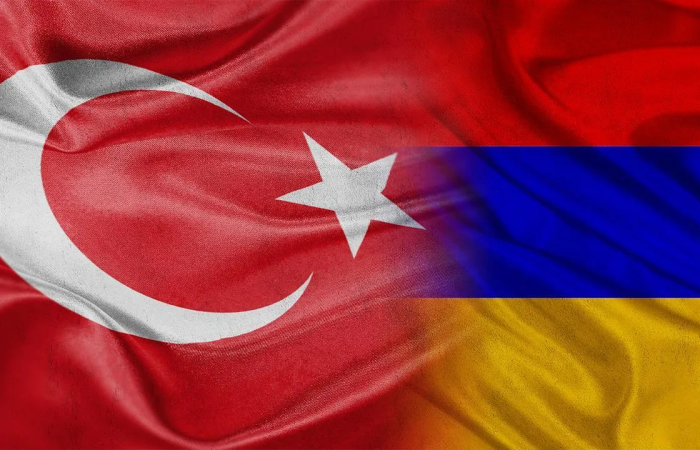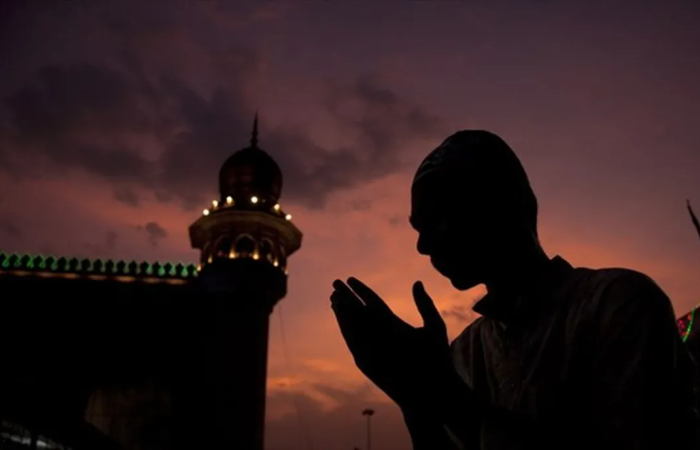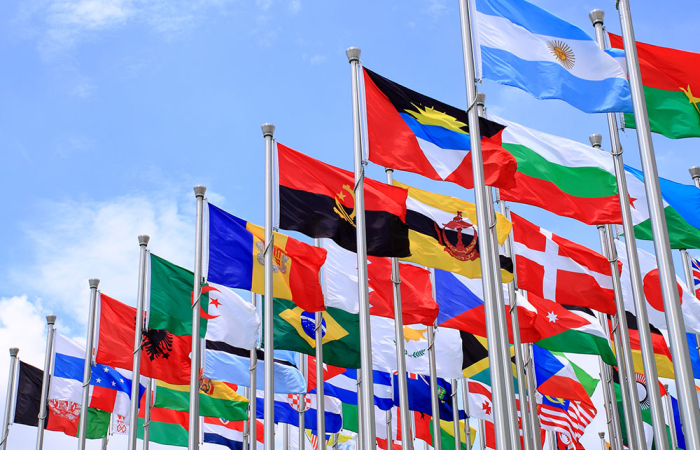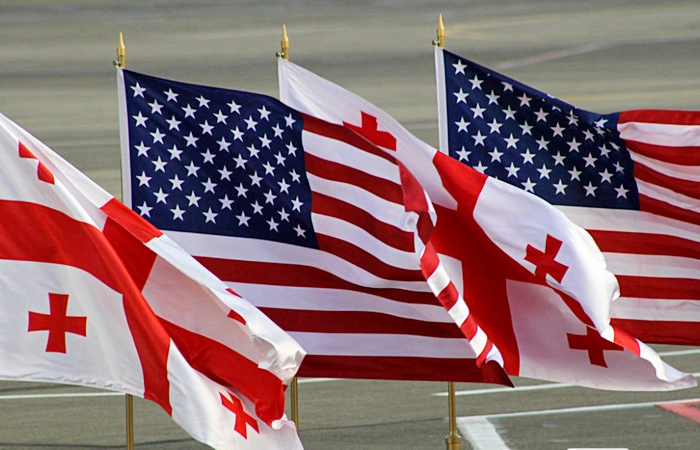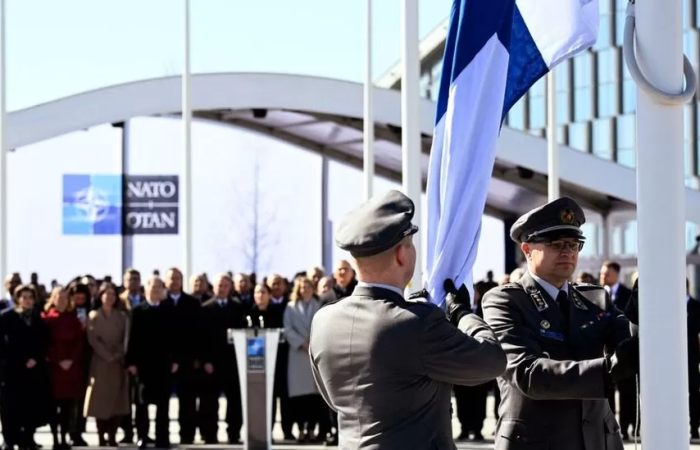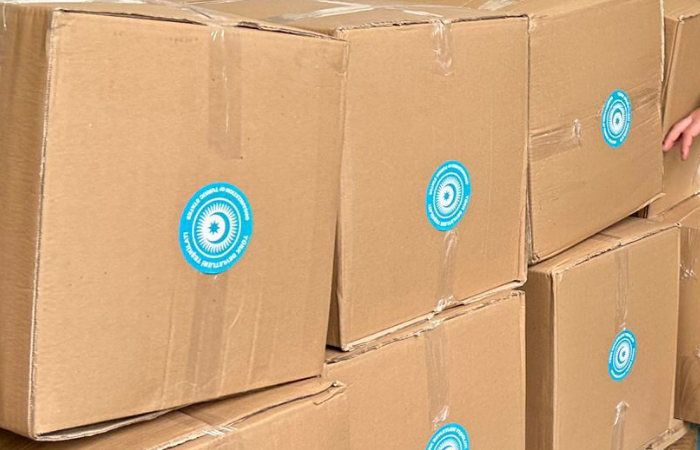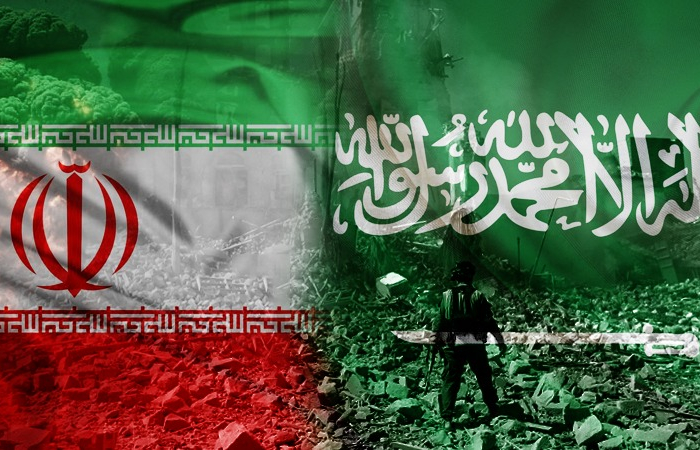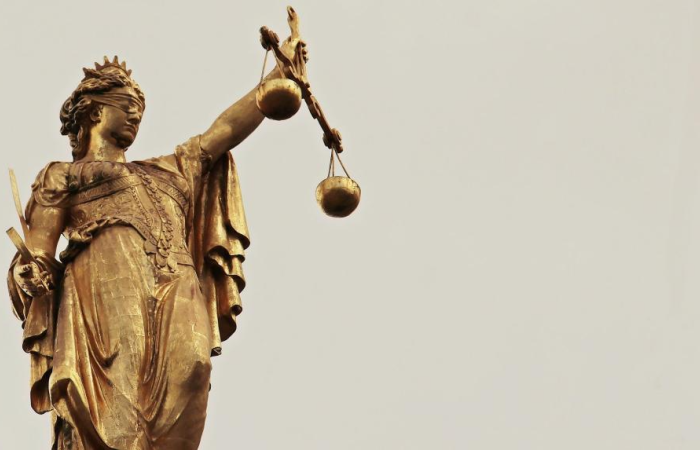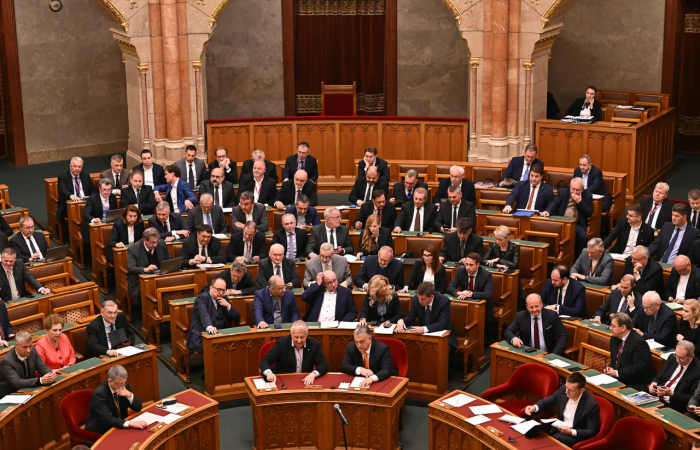Editor's choice
This is a members’ functionality. Please
Sign upNews
Trending
Finland officially joins NATO military alliance
5 April 2023
Finland has officially joined the NATO military alliance after handing over the instrument of accession in a ceremony at the NATO headquarters in Brussels on Tuesday (4 April). Finland has therefore become the 31st member of the bloc, and in doing so has doubled the length of NATO's border with Russia. Previously, the only NATO member states who shared a border with Russia were Norway, Estonia, Latvia, Lithuania and Poland. "It’s a great day for Finland and an important day for Nato,” said Finland’s president, Sauli Niinistö. "Russia tried to create a sphere around them and … we’re not a sphere. I’m sure Finns themselves feel more secure that we are living in a more stable world." The NATO Secretary General Jens Stoltenberg said, "This will make Finland safer and NATO stronger...President Putin had a declared goal of the invasion of Ukraine to get less Nato along its borders and no more membership in Europe, he's getting exactly the opposite." Finland and their nordic neighbour Sweden both abandoned decades of military non-alignment to apply for NATO after Russia launched its full-scale invasion of Ukraine in February 2022. With an active force of about 30,000, and able to call on 250,000 reserves, Finland has a well-equipped and trained armed forces.




